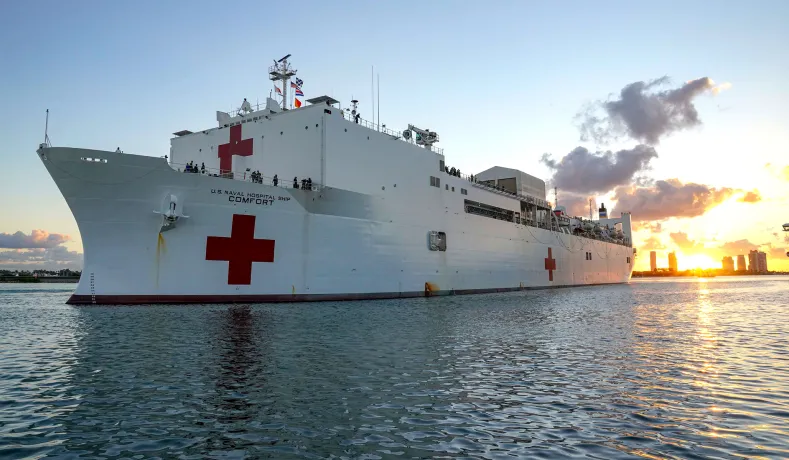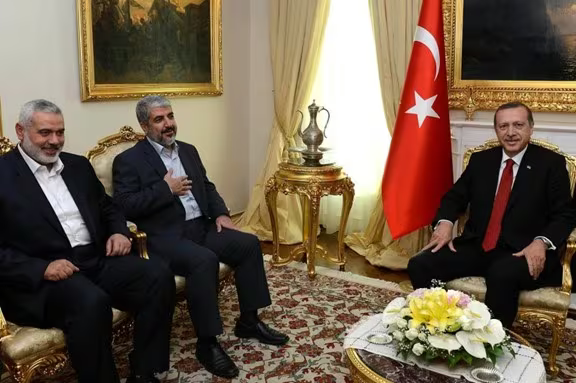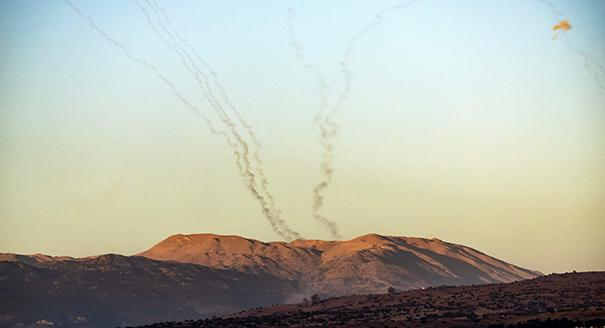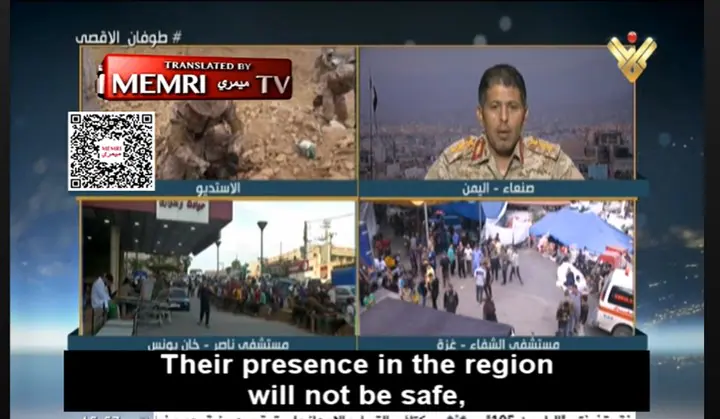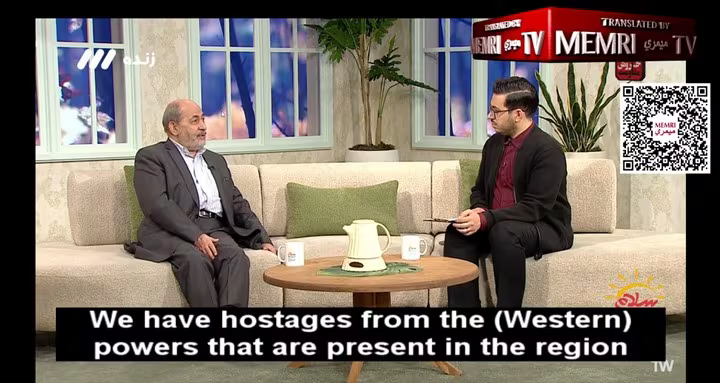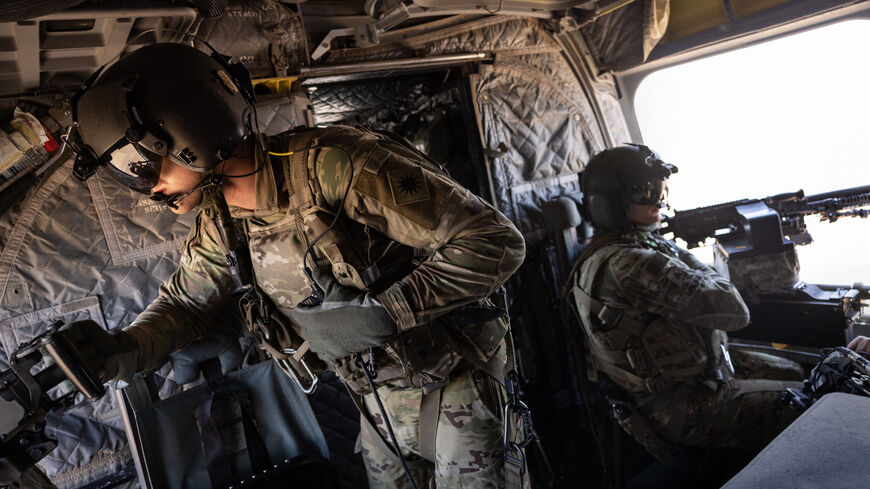Guerre à Gaza : Un grand nombre de soldats israéliens tués, explosion à Sdérot

Un grand nombre de soldats israéliens ont été tués à Beit Hanoun alors que plus loin, à Sdérot les sirènes d’alarme ont retenti suite à l’explosion d’un drone israélien abattu par le Hezbollah.
Ce samedi 18 novembre, les combattants de la Résistance palestinienne ont tué de nombreux soldats israéliens dans la ville de Beit Hanoun, a rapporté le correspondant de la chaîne Al-Mayadeen à Gaza.


